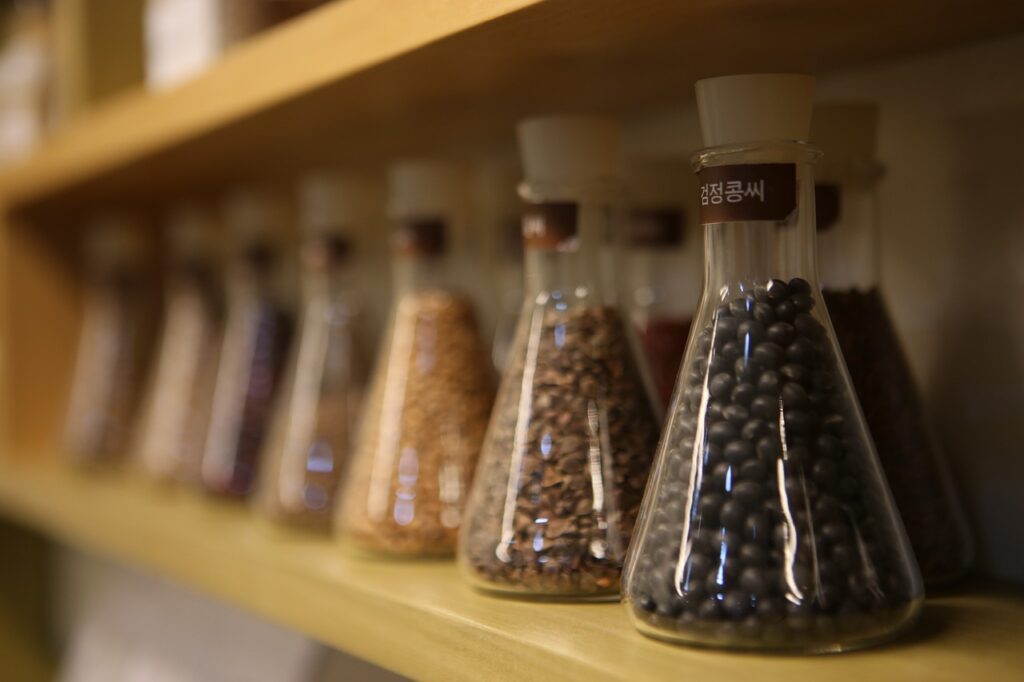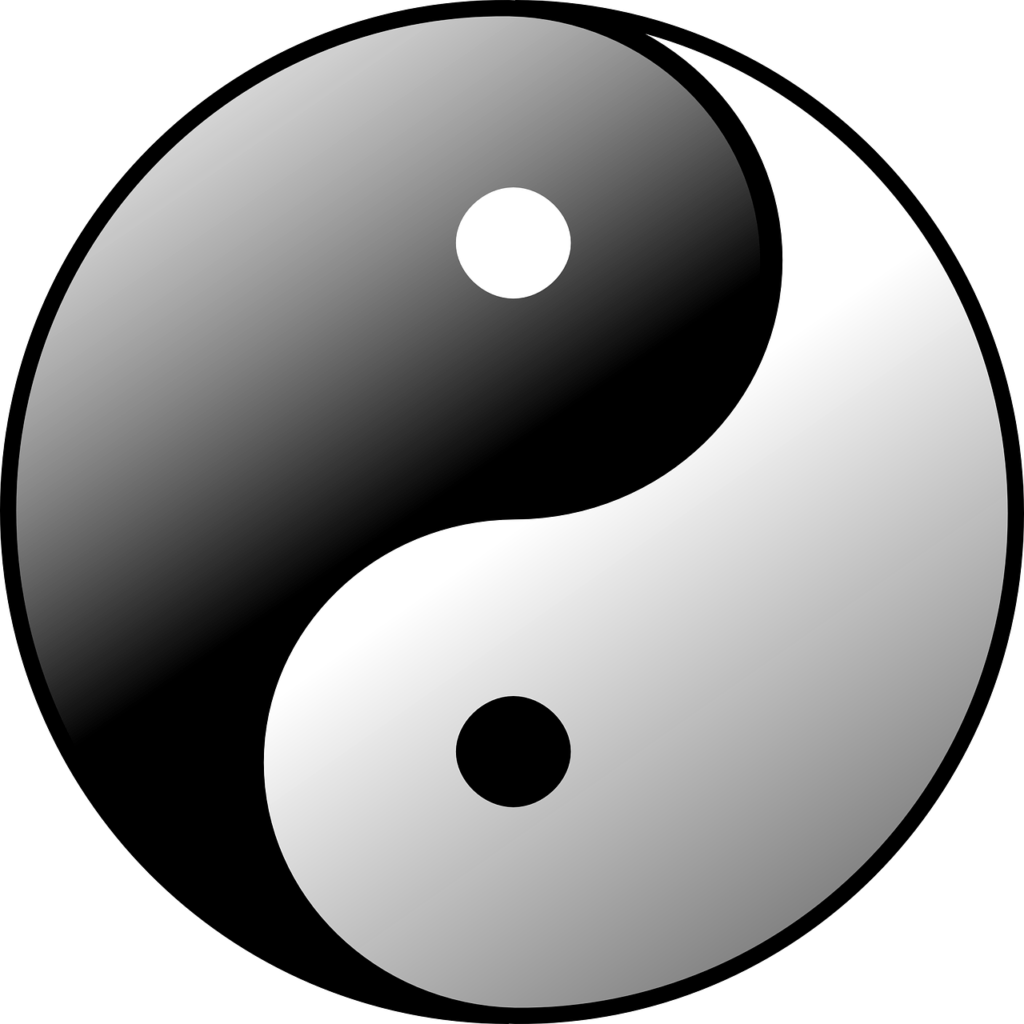In this article, you will explore the fascinating world of traditional medicine, a practice that has been passed down through generations. From ancient herbal remedies to holistic healing techniques, traditional medicine offers a unique perspective on healthcare. Discover the hidden secrets and incredible benefits of this age-old practice as you embark on a journey of exploration and discovery. Get ready to unlock the knowledge that has stood the test of time and discover why traditional medicine continues to be a source of healing and well-being for many.
Uncovering the Secrets and Benefits of Traditional Medicine
Understanding Traditional Medicine
Traditional medicine is a holistic approach to healthcare that has been practiced for centuries. It involves the use of natural remedies and healing techniques to promote balance and well-being in the body. Unlike modern medicine, which often focuses on the treatment of specific symptoms or diseases, traditional medicine takes into account the interconnectedness of mind, body, and spirit.
Origins and History
The origins of traditional medicine can be traced back to ancient civilizations across the globe. From the ancient Indian system of Ayurveda to the traditional Chinese medicine of acupuncture, various cultures have developed their unique approaches to healing over thousands of years. These healing practices have been passed down through generations, forming the basis of traditional medicine as we know it today.
Principles and Beliefs
Traditional medicine is guided by several key principles and beliefs. One of the fundamental principles is the belief in the body’s natural ability to heal itself. Traditional medicine aims to support and enhance the body’s innate healing capacity rather than relying solely on external interventions. Additionally, traditional medicine recognizes the importance of maintaining balance and harmony within the body, viewing health as a state of equilibrium between the physical, mental, and spiritual aspects of an individual.
The Role of Traditional Healers
Traditional healers play a vital role in the practice of traditional medicine. These healers, also known as shamans, medicine men or women, or witch doctors, have a deep understanding of the healing properties of various plants and techniques. They serve as a bridge between the spiritual and physical realms, using their knowledge and intuitive abilities to diagnose and treat ailments. Traditional healers often use rituals, ceremonies, and direct communication with spirits or ancestors to guide their healing practices.
Investigating Traditional Healing Techniques
Traditional medicine encompasses a wide range of healing techniques that have been passed down through generations. Some of the most notable techniques include herbal medicine, acupuncture, massage and bodywork, cupping therapy, and chiropractic care. Each technique has its unique benefits and methods of practice.


Herbal Medicine
Herbal medicine is a cornerstone of traditional medicine. It involves the use of plants, seeds, roots, and other plant-derived substances to treat various ailments. Herbal medicines can be taken internally in the form of teas, tinctures, or capsules, or applied externally as ointments or balms. Many cultures have their extensive herbal pharmacopeias, containing a vast array of plants with specific medicinal properties.
Acupuncture
Acupuncture is a traditional Chinese medicine technique that involves the insertion of thin needles into specific points along the body’s energy meridians. These meridians are believed to correspond to different organs and systems in the body. By stimulating these points, acupuncture aims to restore the flow of vital energy, known as Qi, and promote healing. Acupuncture is widely used for pain management, stress relief, and improving overall well-being.
Massage and Body Work
Massage and body work are integral components of traditional medicine. Various techniques, such as Swedish massage, deep tissue massage, and Thai massage, are used to manipulate the soft tissues of the body to promote relaxation, relieve muscle tension, and improve circulation. Massage and body work not only have physical benefits but also contribute to mental and emotional well-being by reducing stress and promoting a sense of calm.
Cupping Therapy
Cupping therapy involves the use of suction cups to create a vacuum on the skin’s surface. This suction promotes blood flow, loosens fascia and muscle tissue, and stimulates the flow of energy within the body. Cupping therapy is commonly used to alleviate muscle pain, improve circulation, and reduce inflammation. It leaves distinctive circular marks on the skin, which fade after a few days.
Chiropractic Care
Chiropractic care focuses on the musculoskeletal system, particularly the spine. It involves manual adjustments and manipulations to correct misalignments and improve the body’s overall function. Chiropractic care aims to reduce pain, improve mobility, and enhance the body’s natural healing abilities. It is commonly used for conditions such as back and neck pain, headaches, and sports injuries.


The Science Behind Traditional Medicine
While traditional medicine has been practiced for centuries, its effectiveness is often questioned due to the lack of scientific evidence. However, recent research has shed light on the mechanisms and benefits of traditional healing techniques. Scientific studies have shown that herbal medicines often contain active compounds that can have therapeutic effects. Acupuncture has been found to stimulate the release of endorphins and modulate neurotransmitters, resulting in pain relief and improved well-being. The benefits of massage and bodywork, cupping therapy, and chiropractic care have also been supported by scientific research.
Evidence and Research
The growing interest in traditional medicine has led to increased research and evidence-based studies. Scientists and researchers are now exploring the efficacy, safety, and mechanisms of action of traditional healing techniques. Clinical trials are being conducted to evaluate the effectiveness of herbal medicines in treating specific conditions, and numerous studies have provided evidence for the benefits of acupuncture in pain management and other health concerns. This ongoing research is essential for establishing the credibility and integration of traditional medicine into modern healthcare systems.
The Placebo Effect
One of the factors that may contribute to the efficacy of traditional medicine is the placebo effect. The placebo effect refers to the phenomenon where a person experiences improvement in their symptoms after receiving a placebo, which is an inactive substance or fake treatment. Traditional medicine often involves rituals, ceremonies, and the use of symbols that can create a powerful placebo response. While the placebo effect does not discount the effectiveness of traditional medicine, it highlights the importance of further research and understanding the underlying mechanisms of healing.
Combining Traditional Medicine with Modern Healthcare
In recent years, there has been a growing recognition of the value of incorporating traditional medicine into modern healthcare systems. Many countries have recognized the importance and potential of traditional healing techniques and have implemented integrative approaches to patient care. Integrating traditional medicine into modern healthcare allows for a more holistic approach to treatment, addressing not only the physical symptoms but also the emotional and spiritual well-being of individuals.
Cultural and Spiritual Significance
Traditional medicine is deeply rooted in cultural and spiritual beliefs. It reflects the unique worldview, values, and traditions of a particular community or culture. Traditional healing practices often incorporate rituals, ceremonies, and the use of sacred objects, connecting individuals to their cultural heritage and fostering a sense of identity and belonging. This cultural and spiritual significance adds an additional layer of healing and is an essential aspect of traditional medicine.


Traditional Medicine and Indigenous Cultures
For indigenous cultures around the world, traditional medicine is not merely a healthcare system but a fundamental part of their cultural identity. Indigenous healing practices are deeply intertwined with their spiritual and cultural beliefs, shaping their understanding of health and well-being. Traditional healers are highly respected members of indigenous communities, serving as custodians of ancient knowledge and wisdom. Preserving and respecting indigenous healing traditions is crucial for maintaining the cultural heritage of these communities.
The Importance of Cultural Preservation
In a rapidly changing world, the preservation of cultural traditions is of utmost importance. Traditional medicine provides a window into the rich cultural heritage of various communities and offers valuable insights into alternative approaches to healthcare. Preserving cultural traditions, including traditional healing practices, helps safeguard the diversity and uniqueness of our global society.
Revival and Integration into Mainstream Healthcare
There is a growing movement to revive and integrate traditional medicine into mainstream healthcare systems. Governments, healthcare organizations, and individuals are recognizing the value and potential of traditional healing techniques for improving health outcomes. Integrative healthcare models that blend traditional and modern medicine are gaining momentum, allowing for a more comprehensive and patient-centered approach to healthcare.
Promoting Global Understanding
Exploring and understanding different healthcare systems, including traditional medicine, promotes global understanding and respect for diverse cultures. Traditional medicine offers valuable insights into the ways in which different communities approach health and well-being. By appreciating and learning from traditional healing practices, we can foster a more inclusive and compassionate society.
Importance of Cultural Exchange
Cultural exchange plays a crucial role in the dissemination and preservation of traditional medicine. Sharing knowledge and experiences between cultures allows for the exchange of ideas, practices, and perspectives. Cultural exchange can occur through formal collaborations, educational programs, and community-based initiatives. Embracing cultural exchange enhances our collective knowledge and promotes mutual respect and understanding.
The Future of Traditional Medicine
The future of traditional medicine is promising. As the evidence for its effectiveness continues to grow, traditional healing techniques have the potential to become more integrated into Western healthcare systems. Collaborative approaches, education and training programs, and the incorporation of traditional medicine into public health programs are essential for the successful integration of traditional medicine into mainstream healthcare. Ongoing efforts to regulate and standardize traditional medicine practices will further contribute to its recognition and acceptance.
Integrating Traditional Medicine into Western Healthcare Systems
Integrating traditional medicine into Western healthcare systems requires a multi-faceted approach. Collaboration between traditional healers, healthcare professionals, and researchers is crucial for developing evidence-based guidelines and protocols. Education and training programs should be established to ensure the safe and effective practice of traditional healing techniques. By creating a supportive environment that values and respects traditional medicine, healthcare systems can harness the full potential of this ancient healing tradition.
Collaborative Approaches
Collaborative approaches are at the heart of successful integration. Traditional healers and healthcare professionals can work together to develop comprehensive treatment plans that combine the strengths of both traditional and modern medicine. By fostering mutual respect and open communication, collaborative approaches create a holistic healthcare environment that benefits patients and promotes cultural exchange.
Education and Training
Education and training programs are essential for ensuring the safe and effective practice of traditional healing techniques. Traditional healers should have access to formal educational opportunities that incorporate scientific knowledge and best practices. Healthcare professionals, on the other hand, can benefit from training programs that provide an understanding of traditional medicine principles and techniques. Integrating traditional medicine into existing medical curricula is a step towards promoting interdisciplinary learning and creating a more holistic healthcare system.
Incorporating Traditional Medicine into Public Health Programs
To fully harness the benefits of traditional medicine, it should be incorporated into public health programs. Traditional healing techniques can play a significant role in disease prevention, health promotion, and community engagement. By integrating traditional medicine into public health initiatives, governments and healthcare organizations can cater to the diverse needs of their populations and ensure holistic and culturally appropriate healthcare services.
Regulation and Standards
Regulation and standardization are crucial for the safe and ethical practice of traditional medicine. Establishing clear guidelines, licensing requirements, and quality control measures help protect patients and ensure the integrity of traditional healing practices. Governments and regulatory bodies must work in collaboration with traditional healers to develop appropriate regulations that uphold cultural values and traditions while prioritizing patient safety.
Conclusion
Traditional medicine offers a wealth of secrets and benefits that have been passed down through generations. From its origins in ancient civilizations to its integration into modern healthcare systems, the practice of traditional medicine provides a holistic approach to healthcare, rooted in cultural and spiritual beliefs. Through ongoing research, collaborative approaches, and a commitment to cultural preservation, traditional medicine has the potential to shape the future of healthcare, promoting global understanding and well-being for all.



